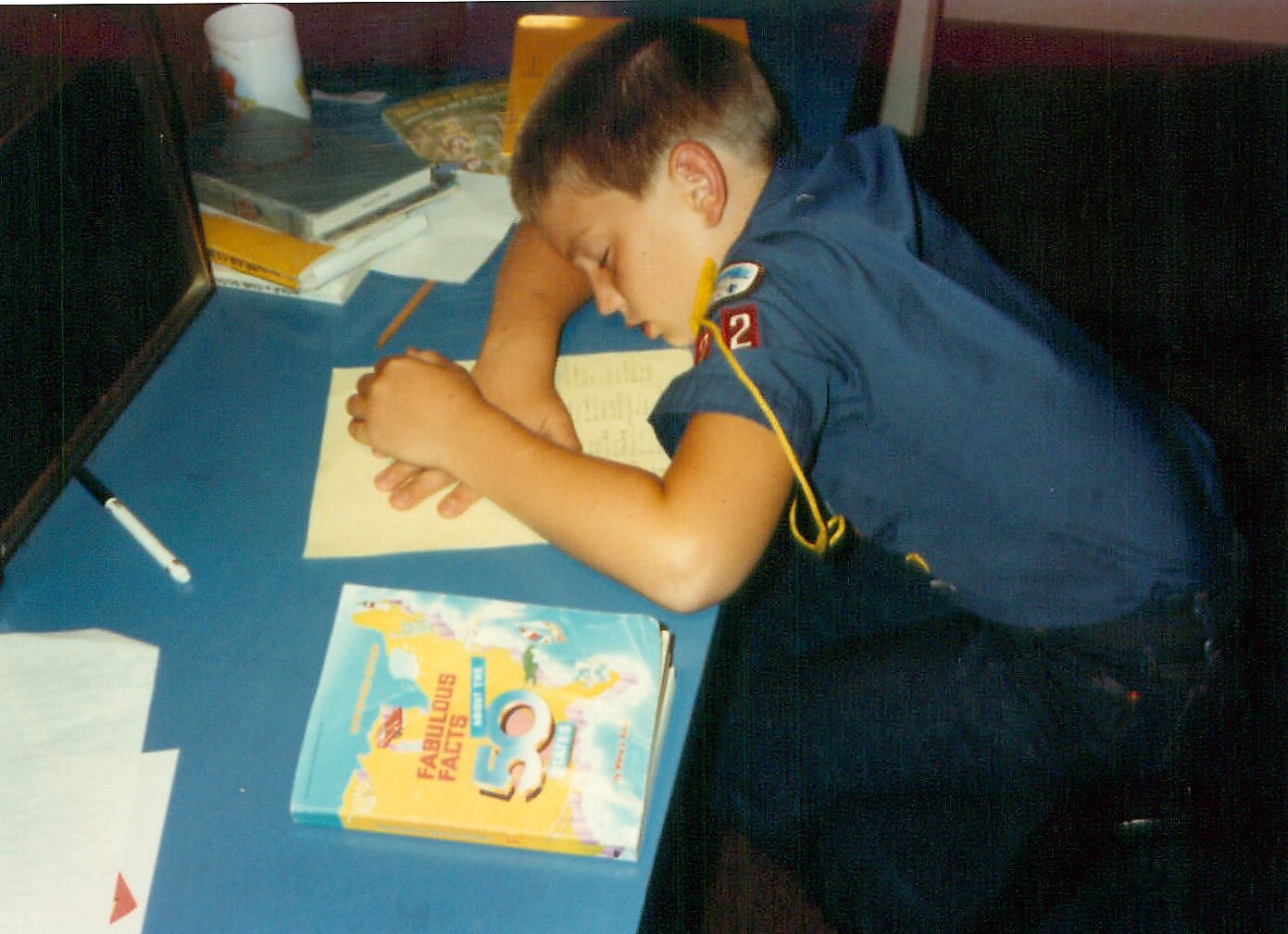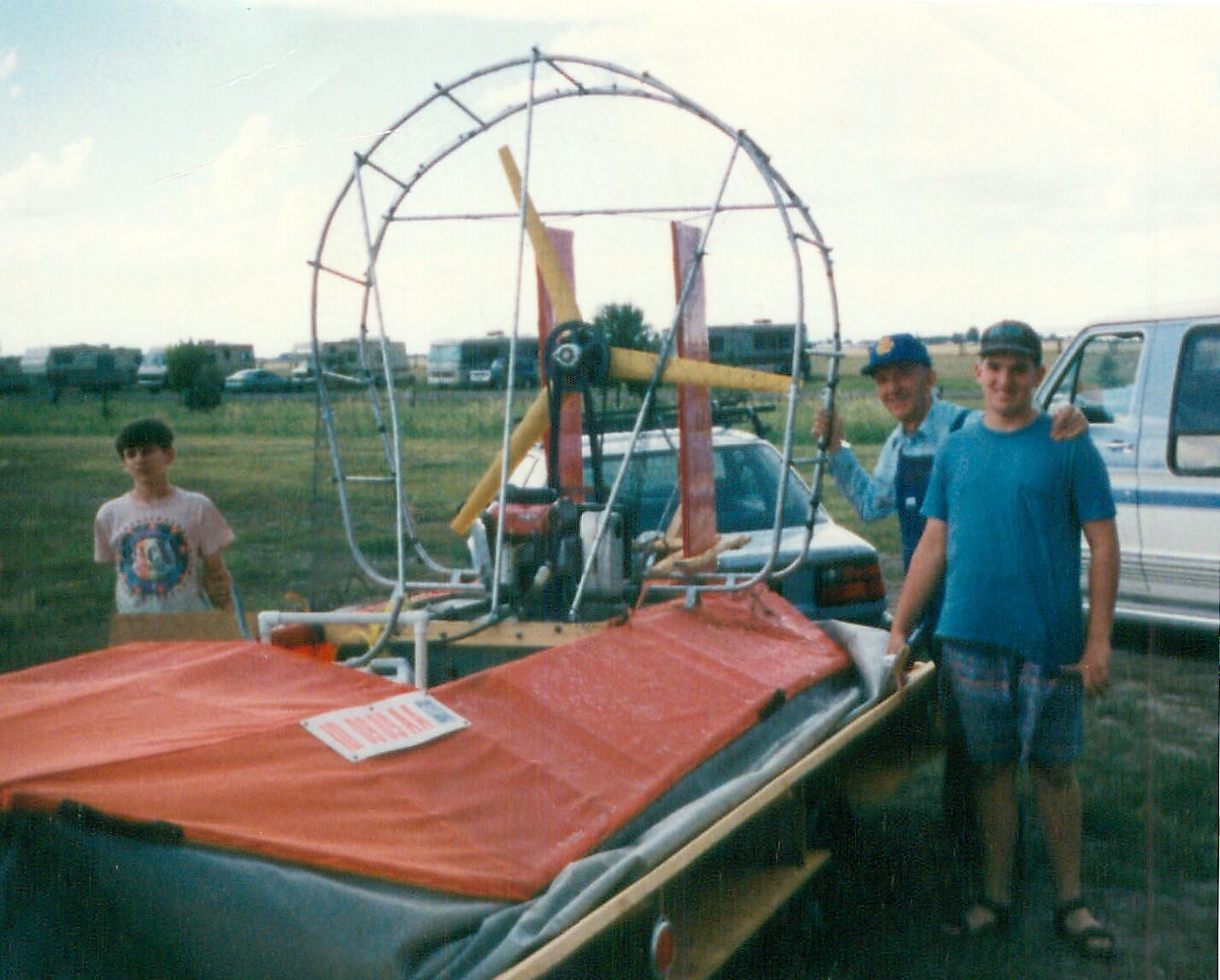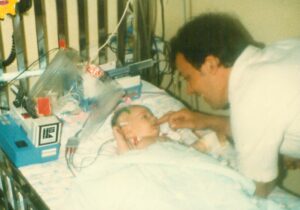I have six children. One would think there would be more commonalities than differences between them. I’m not sure that is the case. They do not look alike. They do not think alike. They do not respond to the world in the same way. Their personalities and interests are very different. So, it stands to reason that the way they learn, as well as their propensity for doing schoolwork, would not be the same. When I started home schooling, I had no idea just how true this was. It didn’t take long—maybe a day or two—for those differences to become crystal clear. 
While our second child—a daughter—was an overachiever who thrived on school work and just about any other task she was given, our oldest son had a very different personality. He was also very bright and in the “gifted” program. In fact, his 5th grade teacher told another teacher in the lunch room that he was the brightest child he ever had in his classroom. That said, he certainly was not an overachiever. He was famous for doing the bare minimum he needed to get by. Things did not change much when we started homeschooling. I would have died of shock during those first few two years to see him doing any schoolwork without being pretty much forced to.
Getting my son to do anything out of a math book was like pulling teeth, but that started to change when he determined to design and build a hovercraft. He had to cut a circle out of a 4 by 8 sheet of plywood and needed to calculate the area of the circle in order to determine the amount of lift and type of motor needed. Calculating the area of a rectangle was easy, but he had not made it to the part of his math book where it taught how to calculate the area of circles, so he asked me. I thought, “Funny you should ask!” and showed him that just a few lessons ahead he would learn the formula for calculating the area of a circle. We discussed how math actually has practical value and is worth doing.
I need to be perfectly clear—my son never liked the tedium of doing hours of math—not in high school or in college. This resulted in a lot of conflict between mom and son. The first year of home school there was at least one day a week where I would threaten, “get your clothes on. We are going to put you back in school. You can not just sit around all day!” Granted, he was not just sitting around. He was actually reading like a vacuum cleaner. The rest of the time he was obsessed with building things. He got his HAM radio license. He built remote controlled airplanes. He always had a project. The problem was that what his school looked like did not match my idea of what school was supposed to look like. It took me a while to get used to it, but we were able to adjust and make things work.
 However, once my son realized math was a tool he needed to reach his goal of being an electrical engineer, he was able to plow through it very successfully. That is the way he approached most of his high school work. He was not necessarily cheerful about it, but he did plow through it simply because it was a necessary means to an end. That ended up being okay with me. It got him where he needed to go.
However, once my son realized math was a tool he needed to reach his goal of being an electrical engineer, he was able to plow through it very successfully. That is the way he approached most of his high school work. He was not necessarily cheerful about it, but he did plow through it simply because it was a necessary means to an end. That ended up being okay with me. It got him where he needed to go.
Our high school curriculum was fairly rigorous, but he spent the majority of his time on other stuff. He spent lots of time reading things like Tom Clancy and science encyclopedia, not the classic literature background that our daughters got, but it worked. We started to see the results of letting him take accountability for the learning process. It was a delightful change to see him tackle a project and put his heart into it just because it was important to him or because it needed doing. Few things in this life come free, and education is no exception. He came to grips with the fact that if he wanted the results, he must do the work. That lesson alone was far more valuable than the academic material he studied along the way.
Suffice it to say, there is no single way to educate a child. What works for one may not work for another. Home-centered education allows you the flexibility to tailor each child’s education to their unique needs, abilities and personalities, so take advantage of that. Education is not something that just happens in a text book. Get to know your child and how they think, then encourage them to take responsibility for their own education. Be flexible and allow the educational process to adjust and unfold as it may.
RELATED ARTICLES

Is there something you would like help or more information on? Submit your questions here.
Do you have a parent help article that you want Simply Smart to consider publishing? Share by clicking here.
- Date Added: January 21, 2024




